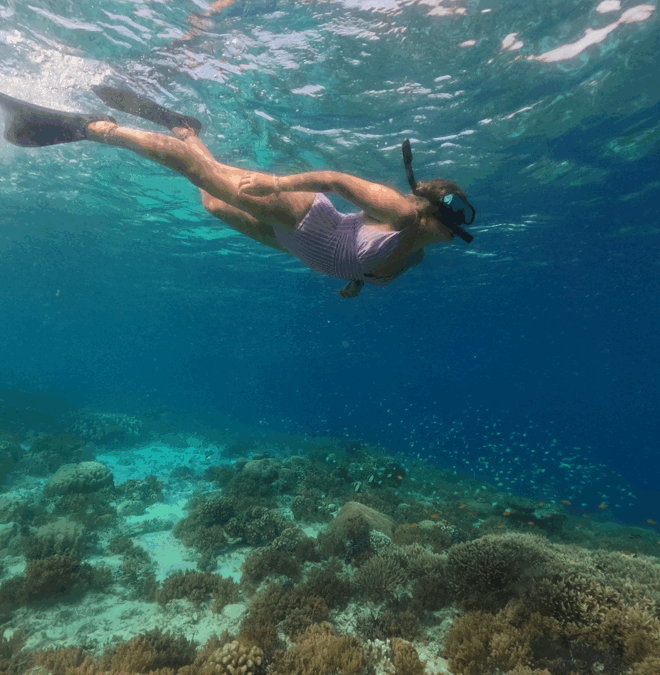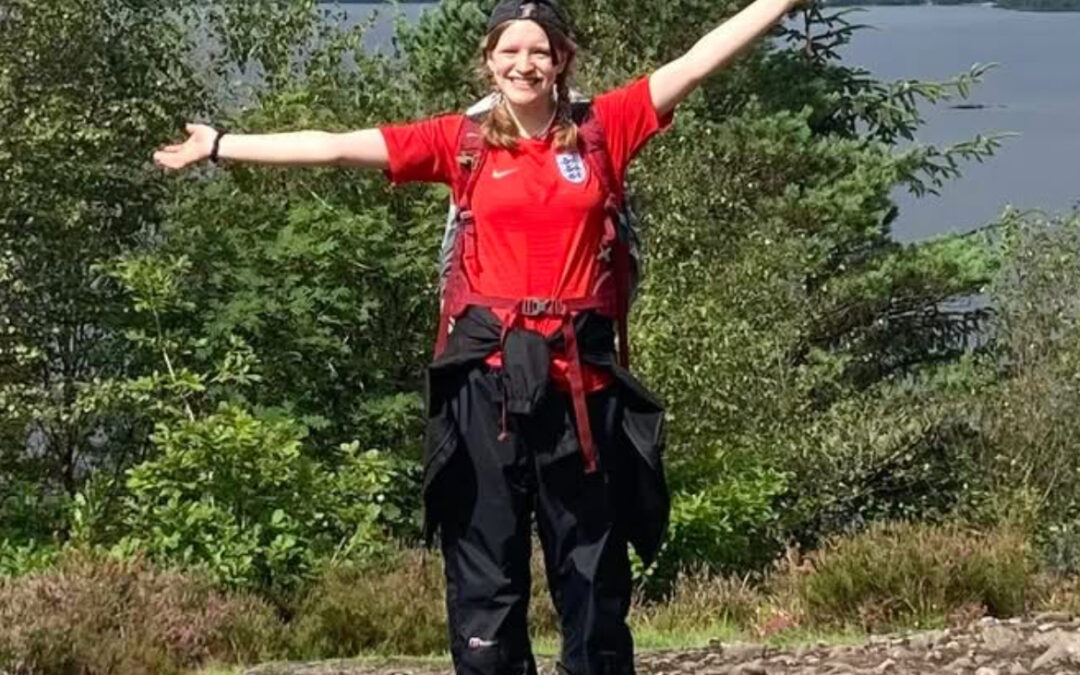More of the world’s oceans may soon be protected, thanks to a major move by the European Union and six of its member countries. This week, they officially ratified a United Nations treaty designed to safeguard the high seas – those vast areas of ocean that don’t belong to any one country, and currently receive very little protection.
This is a big deal. These international waters make up nearly two-thirds of the global ocean and are home to an incredible range of marine life, from whales and sea turtles to entire ecosystems we’ve barely explored. But they’re under growing threat from pollution, overfishing, climate change, and now, deep sea mining.
The treaty, officially called the High Seas Treaty, aims to change that. It will allow for the creation of protected marine areas in international waters, bringing global conservation efforts closer to the goal of protecting at least 30% of the ocean by 2030.
So far, 28 countries have ratified the treaty, including the EU, France, Spain, and now Cyprus, Finland, Hungary, Latvia, Portugal, and Slovenia. That’s nearly halfway to the 60 ratifications needed for it to become international law. Over 100 countries have signed it, showing strong global interest, but only full ratification counts.
EU Oceans Commissioner Costas Kadis called the move a “historic step,” saying it’s essential for preserving the health of the oceans, and by extension, the health of our planet. Scientists agree: protecting the high seas is crucial not just for marine life, but for tackling climate change and ensuring food security for future generations.
Read about how a ground breaking initiative is giving new life to corals in Mexico here.
Environmental groups like Greenpeace have praised the EU’s leadership and are urging more countries- including the UK, to follow through. The UK government has expressed support but has yet to introduce the necessary legislation. Campaigners are pushing for action before the upcoming UN Ocean Conference in Nice, which begins next week.
There’s still a long way to go, but this latest round of ratifications shows growing momentum. It’s a rare moment of international cooperation that offers real hope for one of Earth’s last wild frontiers, and a healthier future for us all.
You can find Greenpeace’s press release here.



